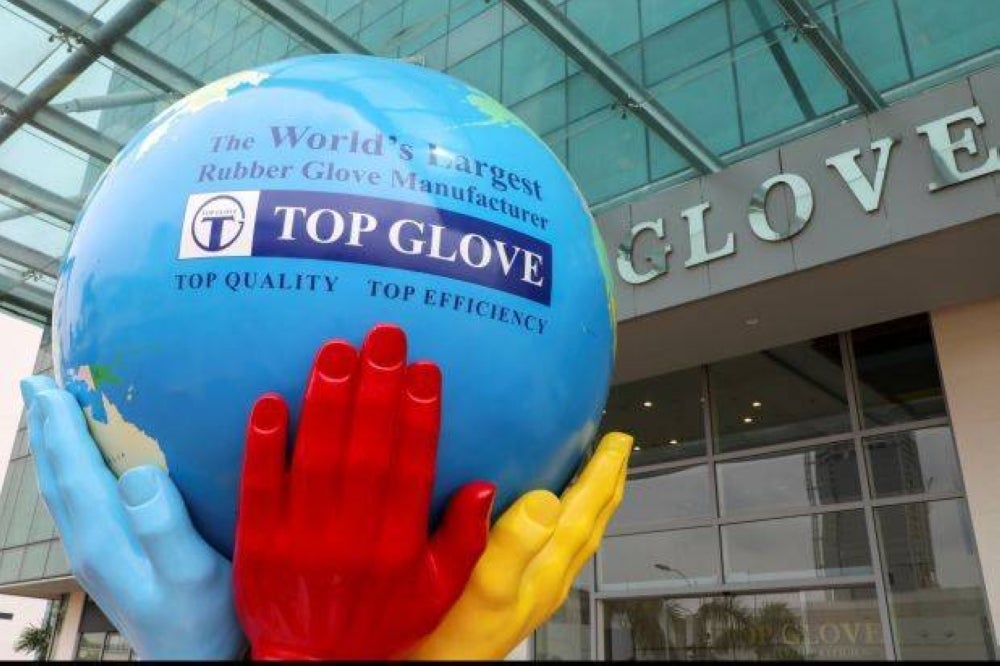Top Glove expects average selling price for gloves to dip below pre-covid days
09 Jun 2022 11:35pm

Top Glove executive chairman Tan Sri Dr Lim Wee Chai says prices of nitrile gloves have dropped significantly and affected the company’s margin, which is almost bottoming down.
A
A
A
KUALA LUMPUR - Top Glove Corporation Bhd expects the average selling price (ASP) for rubber gloves would drop below the 2019 pre-pandemic level, depending on the supply and demand conditions, executive chairman Tan Sri Dr Lim Wee Chai said today.
He said ASP, especially for nitrile gloves has dropped significantly and affected the company’s margin, which is almost bottoming down.
"We have to wait for another few months to see the demand and supply situation,” he told reporters after announcing the company’s financial performance for the third quarter ended May 31, 2022 today.
He said in the last six months, the supply of rubber gloves had reduced mainly due to a halt in production by industry players by more than 50 per cent while demand remained elevated especially for medical usage as well as non-medical industry.
Meanwhile, he said Top Glove has budgeted about RM500,000 for capital expenditure for the financial year ending Aug 31, 2023 (FY23), mainly for its in-house raw material supply and gamma sterilisation plant.
Top Glove’s net profit for the third quarter ended May 31, 2022 (Q3FY22) fell to RM15.29 million from RM2.04 billion in the same period a year earlier on the back of lower revenue due to the effects of normalisation in demand and average selling prices (ASPs) which affected the industry.
Revenue for the quarter declined to RM1.46 billion compared with RM4.16 billion previously amidst a convergence of headwinds with production costs moving upward due to global inflation and higher crude oil prices driven by the Russia-Ukraine conflict.
The escalating costs resulted in margin compression as the group was unable to fully pass costs through amidst the ongoing oversupply situation but the slower pace of ASP decline is expected to help cushion the cost impact going forward. - Bernama














